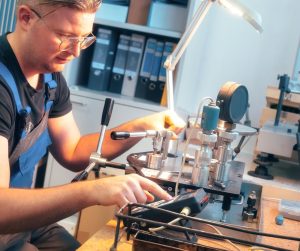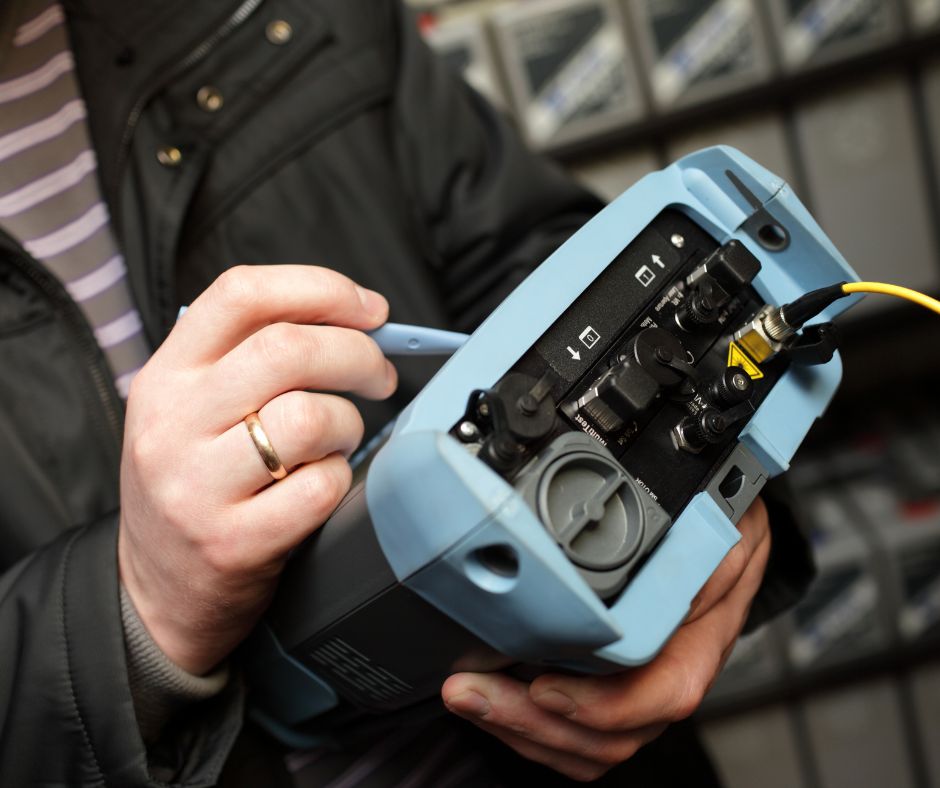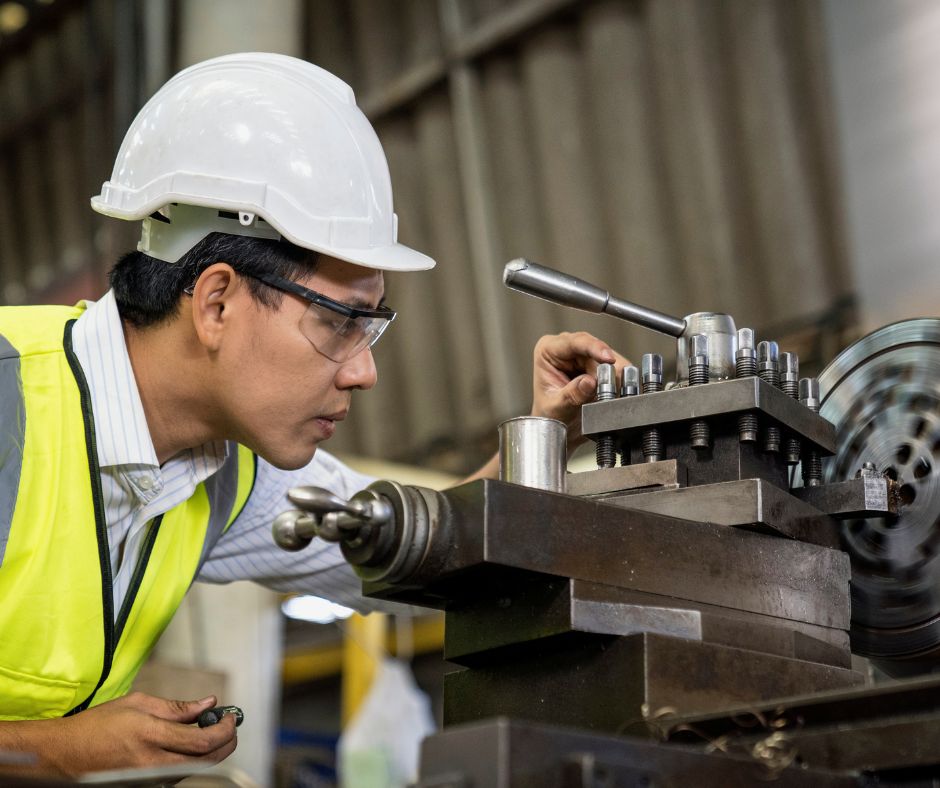Onsite vs. Offsite Calibration: Which is Best for Your Business?
 When it comes to ensuring the accuracy and reliability of your instruments, choosing the right calibration method is crucial. Both onsite and offsite calibration services have certain benefits and potential drawbacks, depending on your unique business needs. Whether you are managing a large fleet of equipment or dealing with specialized instruments, understanding the pros and cons of each option can help you make the best choice for your company.
When it comes to ensuring the accuracy and reliability of your instruments, choosing the right calibration method is crucial. Both onsite and offsite calibration services have certain benefits and potential drawbacks, depending on your unique business needs. Whether you are managing a large fleet of equipment or dealing with specialized instruments, understanding the pros and cons of each option can help you make the best choice for your company.
Pros and Cons of Onsite Calibration
At Trident Calibration Labs, we are pleased to offer both onsite and offsite calibration services. When you opt for onsite calibration, our technicians will come to your facility and calibrate your equipment there. The key advantages of this method include:
- Minimized Downtime. One of the most compelling advantages of onsite calibration is that it reduces equipment downtime. Having a technician come to your location means that your instruments will remain operational with minimal disruption to your daily activities, which is particularly beneficial for businesses that rely on continuous, 24/7 operations.
- No Shipping or Handling Risks. For large or delicate equipment, the risk of damage during shipping can be a concern. Onsite calibration eliminates this risk, as the equipment remains at your facility, safe from the potential hazards of transit.
- Multiple Equipment Servicing. For businesses with multiple instruments or locations, onsite calibration allows you to coordinate visits for several pieces of equipment at once, thereby saving time and streamlining the process.
Despite the convenience that onsite calibration offers, this method may not be right for every business. Potential drawbacks include:
- Limited Resources. Depending on the equipment’s complexity, onsite calibration may be limited by the tools and facilities available at your location. Some specialized calibration may still require offsite services that can provide more advanced testing equipment.
- Higher Service Fees. Onsite calibration may carry higher service costs due to travel time and transportation expenses for the technician.
Pros and Cons of Offsite Calibration
If you choose offsite calibration, we will pick up your equipment, perform the calibration at our Phoenix facility, and return the equipment to your business once the services are complete. (Trident Calibration offers free pickup and delivery for local companies!) Benefits of offsite calibration include:
- Access to Specialized Equipment. Offsite calibration offers access to state-of-the-art testing equipment and environments designed specifically for accurate, precise calibration. This is particularly important for highly specialized instruments that need to meet strict industry standards.
- Cost-Effectiveness. Shipping certain types of equipment to a calibration lab may be more economical than paying for onsite services, especially if you only need occasional calibration or if you have smaller or less sensitive instruments.
- Less Operational Disruption. While onsite calibration can minimize equipment downtime, it also requires a member of your staff to coordinate and supervise the technician’s visit. With offsite calibration, on the other hand, your team can continue to focus on business operations without any interruption.
Downsides of offsite calibration services include:
- Potential Downtime. Sending your equipment away to the calibration lab can lead to downtime, which may affect your business’s ability to operate efficiently. At Trident Calibration, we always strive to minimize your equipment downtime with our offsite calibration services, offering competitive five-day turnaround times for many projects.
- Shipping Costs and Risks. While offsite calibration is the more cost-effective option in some cases, the costs of shipping and handling can add up, particularly for larger or more sensitive equipment. There’s also the inherent risk of damage or delays during transit.
The decision between onsite and off-site calibration depends on several factors, including your equipment type, budget, and how much downtime your business can tolerate. If you have sensitive, large, or multiple pieces of equipment, onsite calibration may be the most convenient and effective option. On the other hand, for instruments requiring specialized calibration, off-site services may be the best choice to ensure the highest accuracy.
At Trident Calibration Labs, we tailor our calibration services to suit your needs. Whether you opt for onsite or offsite calibration, our team’s experience and qualifications will help optimize results for your business. Contact us today to request an estimate!
continue reading
Related Posts
Why Calibration is Vital for Businesses in the Healthcare Industry […]
Why is Calibration Important for Telecommunications Test Equipment? In the […]
Why Calibration is Crucial for the Manufacturing Industry For businesses […]




